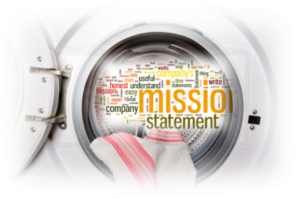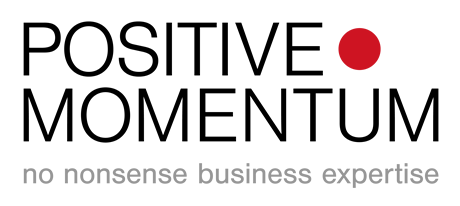
Are the purveyors of purpose genuinely driven by what they say? Can an organisation find a purpose if it doesn’t already have a sense of one? Should all businesses have a statement of purpose? Will it help to grow sales?
Here’s some thoughts that might help you get your head around these questions, plus a few examples from people I’ve been fortunate enough to work alongside over the years.
Purpose should always be clear at the start. Start-ups are typically highly purpose driven although the true purpose may be more profane than profound. When investing, working or advising a start-up you need to believe in the people and in their purpose.
You need to keep it up (and relevant). Some major businesses started out with great purpose, lost it along the way and are discovering that re-connecting is a great way of changing to grow. Unilever started by popularising cleanliness and hygiene in Victorian England. This original purpose is still important as they change and grow in the face of take-over and competition.
Purpose doesn’t have to be fancy and is better if it is true. Many businesses exist to reward their owners/share-holders and find that this is a sufficient statement of purpose when linked to a good vision, strategy and plan. However leading change in order to grow these companies needs bigger story. Most people reading this intend to make a difference or leave a legacy as well as, earn a living or make a return on investment
Some examples to substantiate this from my own experience
The success of a purpose driven start-up. When I joined start-up 2degrees Ltd in 2009 we believed that business could bring about the changes necessary to avoid climate change. We would help businesses do this by enabling them to collaborate at scale, to innovate and to share best practices. We had to pivot a few times before we found a way of doing this sustainably, but we got there (see www.innovationgateway.com), the business is doing great and we had one hell of a journey! If we’d had a more profane purpose e.g. to get rich quick, sell the business in 5 years and retire then we’d have failed at maybe the third or fourth major hurdle. There’s always a strong sense of purpose behind a great start-up.
A big business can transform what it does whilst keeping its core purpose. 10 years ago the energy giant E.ON UK were a fully integrated energy company whose purpose was, in essence: to keep the lights on; harness national energy resources to drive economic development, and to provide a return to shareholders by doing this well enough to make a profit. To do this E.ON ran their own, largely coal fired power stations and power networks that supplied gas and electricity to businesses and households.
E.ON have divested out of coal, invested billions in renewables and are now focused on providing clean energy solutions to business and homes. Their purpose hasn’t changed, but the narrative has and what they do/how they do it is different. Keeping the lights on today needs a very different energy system, the energy resources being harnessed are now sun and wind, not coal, and the way to make an economic profit in today’s energy market is to provide a solution not sell the juice. E.ON’s story now is about providing energy solutions that are personal to the customer and keep them at the forefront of the change in energy. Same purpose, transformed business, new story and an exciting future.
Leading purpose-driven change in big business – because there is no Plan B! Marks & Spencer (M&S) has to make a return to share-holders or risk take-over by someone like Philip Green. Making money in today’s retail environment is challenging. On-line only rivals like ASOS are seen as more valuable, Amazon are eating everyone’s lunch and empty high streets are expensive places to own property. A lot of things need changing in order to grow, prosper, pay pensions and reward the shareholders. One of the big things that M&S has focused on is changing their impact on health, communities and the environment through Plan A (launched in 2007) a comprehensive commitment to becoming the world’s most sustainable major retailer. An infusion of purpose that is inspiring millions of people to “spend it well” and thousands of colleagues to make changes every day to how they do business.
This doesn’t change the purpose of M&S as a shopkeeper and purveyor of affordable quality but it has provided new substance to what this means and how you do it. Doesn’t change the competitive situation, but does allow them to save money on resources and energy; doesn’t stop shareholder pressure, but does appeal to long term shareholders; doesn’t drive on-line or in-store sales, but does increasingly ring true for customers and suppliers making them very loyal.








